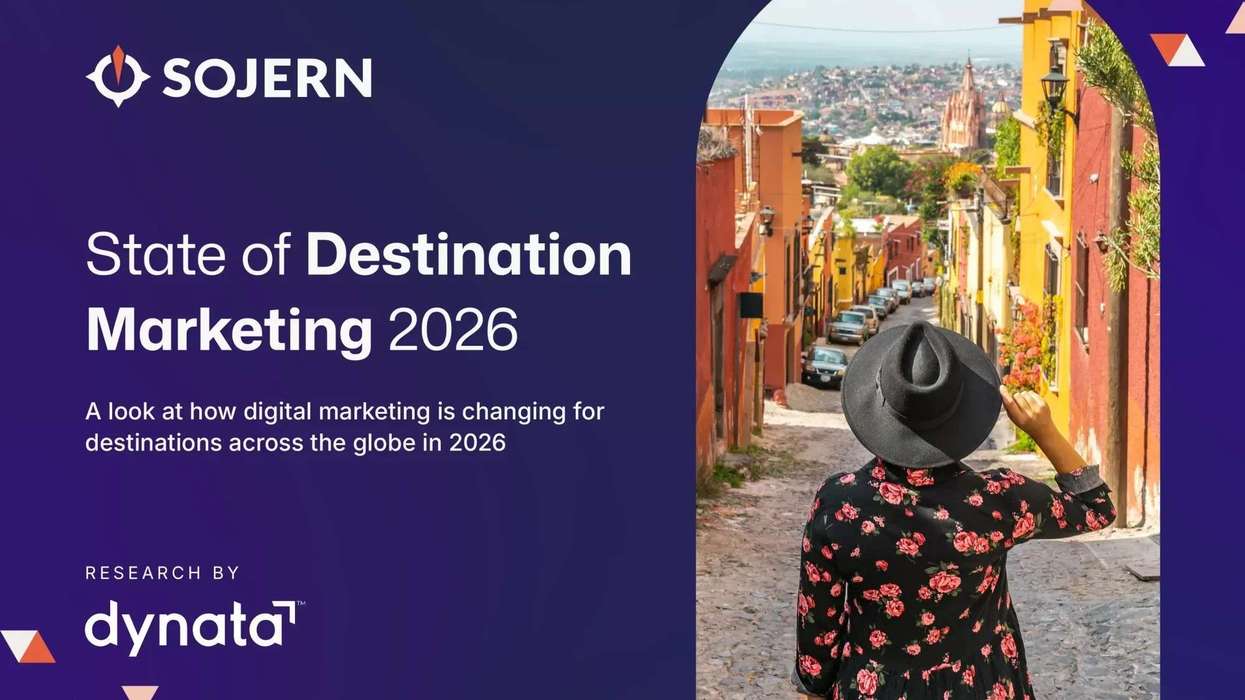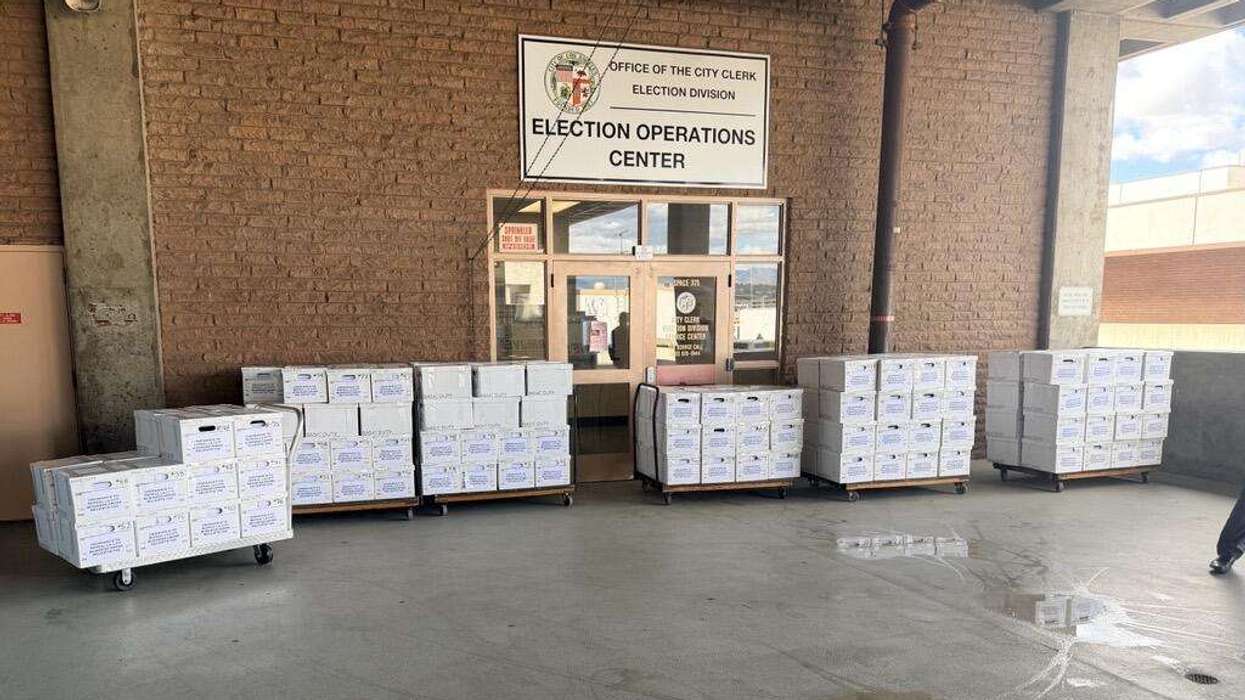NEARLY 500,000 HOTEL operations jobs lost during the pandemic will not returning to the industry before the end of the year, according to a report from the American Hotel & Lodging Association. In response, AHLA has launched the “Hotels are Hiring” ad campaign with the goal of filling more than 100,000 jobs in the industry.
A surge in leisure travel has led to improved conditions for most U.S. hotels, but AHLA’s economic analysis found the recovery is far from bringing the industry back to pre-pandemic levels. Urban markets in particular are lagging.
Hotel occupancy is projected to drop 10 percentage points from 2019 levels, the report said, and room revenue is expected to drop $44 billion this year compared to 2019. State and local governments have lost more than $20 billion in unrealized tax revenues from hotels over the past two years. AHLA and AAHOA held the Virtual Action Summit on July 20 to 22 in which hoteliers from across the country met with members of Congress to ask for help.
“These findings show the economic devastation still facing hotel markets and underscore the need for targeted relief from Congress for hotel workers and small businesses,” said Chip Rogers, president and CEO of AHLA. “Hotels and their employees have displayed extraordinary resilience in the face of unprecedented economic challenges, but whether it’s the Save Hotel Jobs Act, fair per diem rates, or expanding the aperture on the Employee Retention Tax Credit, we need Congress’ help on the way to a full recovery. That’s why the industry is united behind our Virtual Action Summit.”
The ”Hotels are Hiring” campaign, sponsored by AHLA and its charitable giving arm, the American Hotel & Lodging Foundation, will be held in five major hotel markets. The new advertisement will run until early August on digital platforms, radio and in print to emphasize the incentives that hotels are offering to bring workers back to the industry, including more competitive pay, flexible scheduling, and additional benefits, including paid time off, health care benefits and retirement savings.
“On the heels of the worst economic crisis on record for our industry, hotels are now facing a rapidly emerging issue of staffing shortages, particularly in vacation destinations. Hotels are in the midst of a hiring spree as we welcome the return of leisure travelers, and this campaign will help raise national awareness about open positions and the benefits of a career in hospitality,” Rogers said. “Hotels, especially those in urban markets, have a long road to regaining what we lost during the pandemic. Ensuring we can fill positions to meet a rise in guest demand is a critical step as we work toward a full recovery.”
Part of the campaign also includes the HotelsareHiring.com portal to connect job seekers with information on hotel job openings. The AHLA Foundation also provides professional development workshops, apprenticeships and academic scholarships.
“Hotels are committed to attracting, retaining, and educating individuals for lifelong careers in a growing and vibrant field,” said Rosanna Maietta, president and CEO of the AHLA Foundation. “With thousands of open hotel positions nationwide—from management to guest services—the AHLA Foundation offers programs to help prospective and existing hotel employees gain new skills and reach their dreams while creating lifelong, fulfilling careers.”






